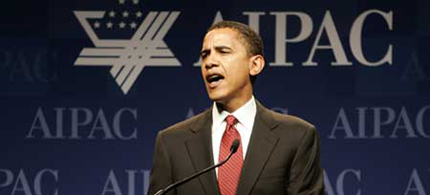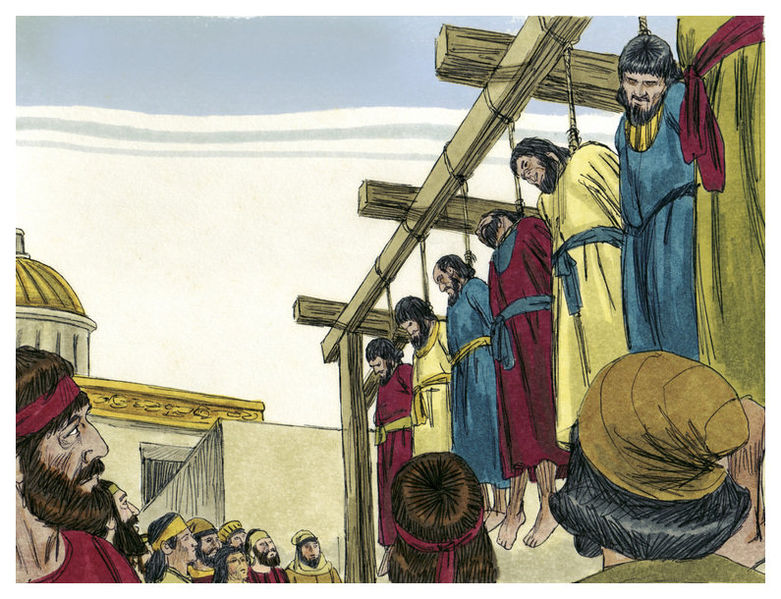Suicide bombers are now a creed. Impassioned followers see in them a legend leading to uncovering the mystery of God. Partisanship is not contingent on certain death. But it is enough to be afflicted with the blindness of the mind and the heart to be one of them. In Lebanon, this is not difficult like the sons of "Lebanese uniqueness" assume. It has the most fertile soil for the call and recruitment. When the powers that be are like the dominant political class here, there is only God that can save you.
In Lebanon, the Shia are repulsed by those who adopt Wahhabi ideology. They see it as the source of this mad killing. In Lebanon, there are Sunnis that reject Wahhabi thought, but they consider the Shia to be a source of concern for their lives, or so they think. They do not see any harm in disturbing those who are disturbing them today or any other day. Between the Sunnis and the Shia, the opportunists gather from other tribes, Christians, Druzes, seculars, or those who are called civil society. Their position rejects that people subsume the position of a god in giving life and taking it, forcefully and without permission. We are facing a fire burning under a cauldron of strife and only strife.
Renegades who are happy with this type of killing blame the victims for demanding a condemnation without questioning the motive. Those renegades refused in the past any justification for the terrorism, which fell on their own system of values. They rejected even to question the cause of the problem. They did so on September 11. And when the United States asked the difficult question “why do they hate us?” the renegades rejected the mere question. However, today they want us to gain insight about the reason why terrorism spreads among us. They refuse to condemn it, except through cold statements in all what they say before and after. Today, they want the victim to choose between two deaths: either to commit suicide by giving up its right of self defense or to await its fate at the hands of a suicide bomber who decided that its destiny is death.
Demons proliferate among us today. A demon that drives a young man or a teenager to a death that rips the flesh of others. Another demon urges his family to send someone after him in serial death of the same kind. And a demon that dances over the blood, as if he was Satan who refused to repent and rejected that others do so. An uglier demon who thinks he is standing on a high hill away from the fire. He greets the killer and blames the one who was killed. These demons are everywhere today. They include men of religion and scholars, politicians in public positions, and leaders in active parties. They include journalists who pin the badge of enlightenment on their chests. Among them are owners of businesses and banks, which do not close by civil war or external wars. They include activists who run after foreign embassies and their donor institutions, in pursuit of an odious lie called "civil society."
They all reject the crime, but do nothing to confront it. They do not believe it their responsibility. In reality, they assume it is a selective crime, which will not cause them harm. They do not see a need to raise their voices, not in their homes, not in their offices, not in their beds, or anywhere. They just stand at the head of the victim and ask why did they stand in the path of death. They ask the victim's family to commit suicide, in order to neutralize the effect of the suicide of lunatics, spreading like mushrooms in our unfortunate lands.
Today, Lebanon has entered the market of insane death. Those who believe in a remedy close at hand are delusional. It is fanciful to believe that we will surpass this ugly and bloody chapter soon. It is an illusion that anyone can remove those rotten roots. All the efforts are coming from the victim, who is trying to disable the madness, disrupt it, sabotage it, or keep it as far away as possible from people. But the efforts will not repel the poison, which resides in the minds, hearts, and blood of others.
But should this lead us to surrender? Does recognizing the ability of madness to spill our blood mean recognizing it as an inevitable fate?
Of course not. This "no" is spoken by a wise mind. It is not governed by the reaction of those bloodied by the crime, or those who want to imitate the murderer and become his brother in killing. This "no" means resisting this epidemic and fighting it, not only where it hits, but where it appears in slips of the tongue, and in the laboratory that produces this airborne virus. It means resisting its elements of attraction, whether among us or among those around us. Resisting it means sterilizing souls and minds from all the illnesses of despotism and oppression, whatever shape they take. It means sterilizing souls, minds, and bodies from all blind emulation of the rituals, fantasies, and delirium of what they call historically inevitable.
We can only resist this epidemic, with our blood where needed, but not with our freedoms, which will remain a source of concern for all demons.
Ibrahim al-Amin is editor-in-chief of Al-Akhbar.
This article is an edited translation from the Arabic Edition.






 n March 2006, the London Review of Books published a path-breaking essay on “
n March 2006, the London Review of Books published a path-breaking essay on “






 A captured member of the so-called Islamic State of Iraq and the Levant said that the ISIL and other militant groups in Syria not only are supported by a member of the Saudi royal family but the individual actually heads the ISIL,
A captured member of the so-called Islamic State of Iraq and the Levant said that the ISIL and other militant groups in Syria not only are supported by a member of the Saudi royal family but the individual actually heads the ISIL,






